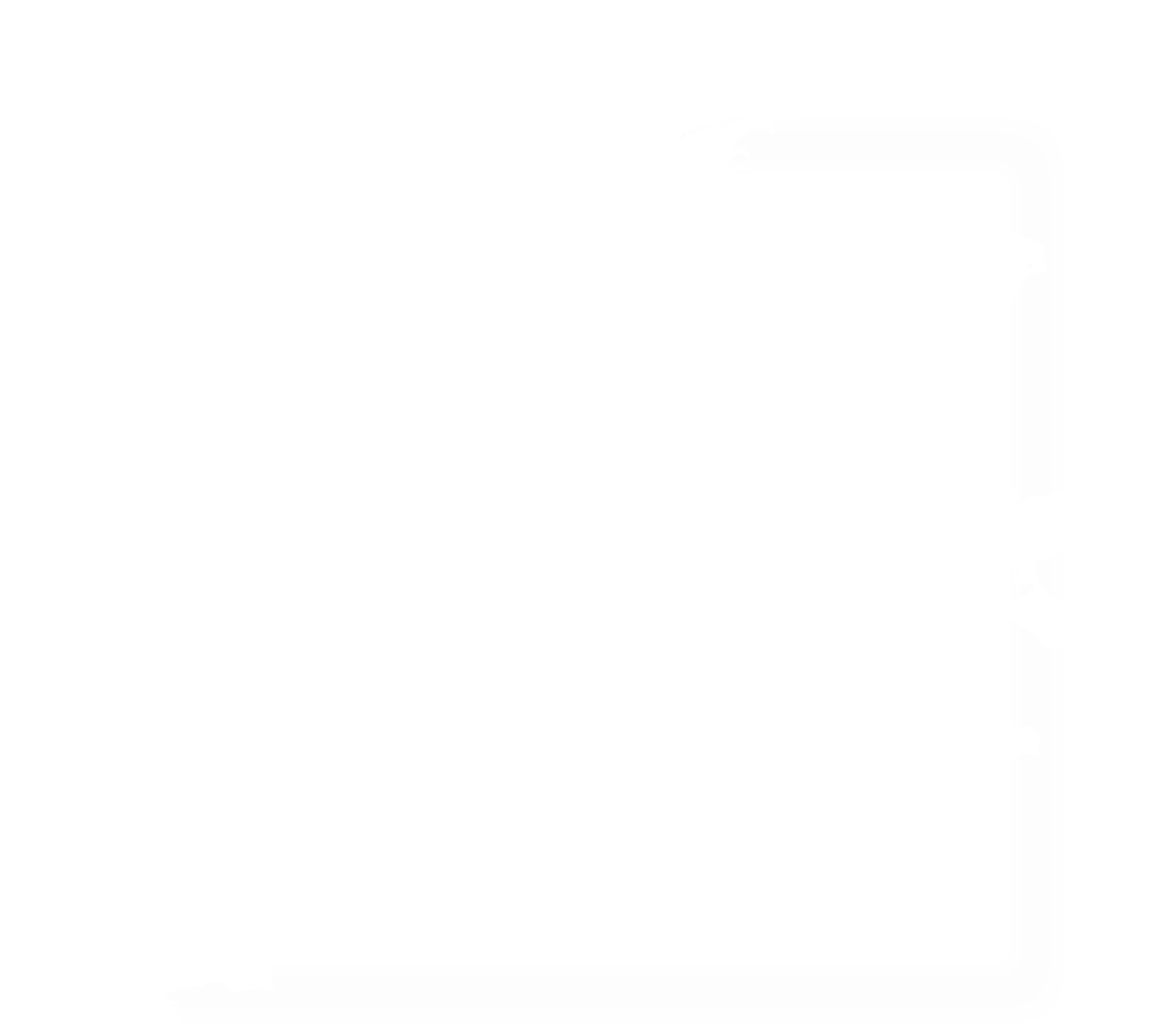The UK Space Ecosystem Cluster Directory
The UK Space Ecosystem is designed to support the space sector by providing funding and business support to high impact, locally led Clusters across all regions of the UK.
Find out more about the UK’s Space Clusters by using the interactive map below.
Click Here to Download the UKSE Map >>
For a more comprehensive overview of both regional and national capabilities across the UK’s space ecosystem, head over to our Space Capabilities Catalogue.
- Clusters
- Space Enterprise Labs (SELs)


SEL Edinburgh
SEL Glasgow
SEL NetPark
SEL Daresbury
SEL Leeds
SEC Leicester
SEL Newport
SEL Adastral
SEL Spaceport
SEL Portsmouth
SEL Westcott
SEL Harwell
SEL Belfast
SEL OpTIC
